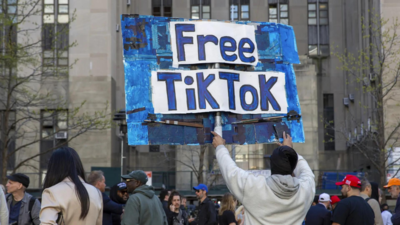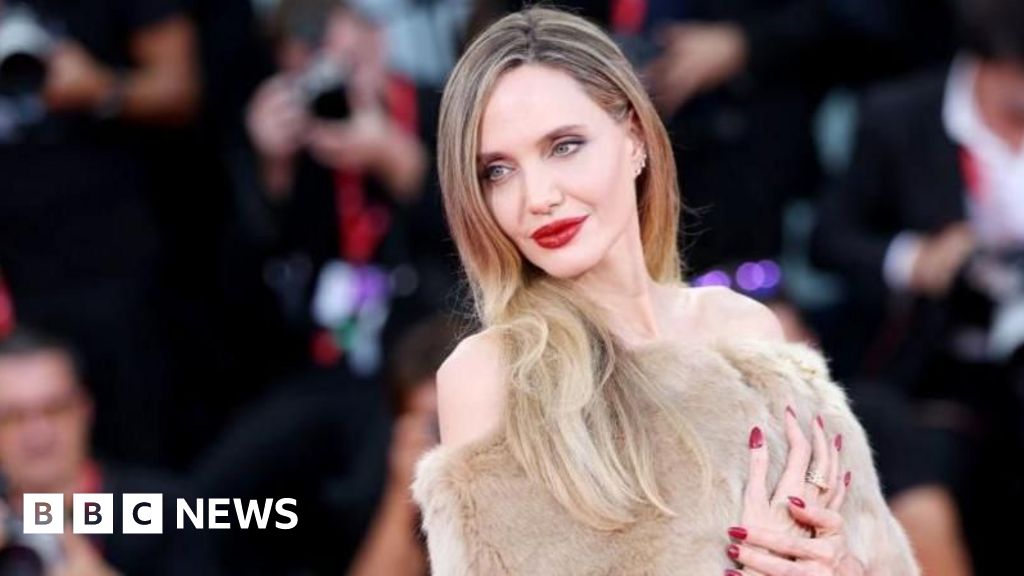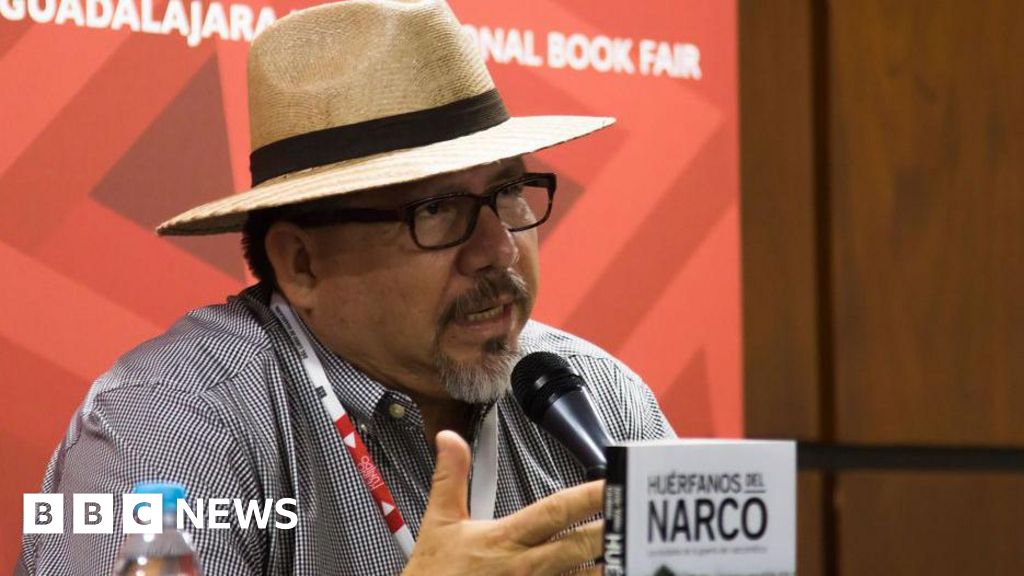
Tik Tok's US operations faced uncertainty after a federal appeals court dismissed a legal challenge to legislation requiring the social media platform to separate from its Chinese parent company or face a ban by mid-January, on Friday.
The US Court of Appeals for the District of Columbia Circuit's three-judge panel unanimously upheld the law's constitutional validity, dismissing claims from both companies that the statute infringed upon their rights and those of US-based
TikTok
users.
The government has called for ByteDance, TikTok's parent company, to divest its stakes in the platform.
If ByteDance fails to comply and TikTok is banned, it could have a profound impact on content creators who rely on the app for their livelihood and users who turn to it for entertainment and social connection.
What the ruling argues
TikTok and ByteDance, the plaintiffs in the case, argued that the law violated the First Amendment and constituted an unconstitutional bill of attainder by unfairly targeting the two companies.
The Justice Department remarked that TikTok presents national security risks due to its Chinese connections, suggesting Chinese authorities could demand ByteDance share US user data or manipulate platform content.
However, no public evidence of such occurrences has been presented.
Judge Douglas
Ginsburg
authored the appeals court decision, stating that the law was "carefully crafted to deal only with control by a foreign adversary".
The court dismissed claims that the law constituted an unlawful bill of attainder or violated the Fifth Amendment's protections against property seizure.
Additionally, Ginsburg ruled that the law did not infringe on the First Amendment, as it does not aim to "suppress content or mandate a specific mix of content" on TikTok.
What are Trump's commitment
President-elect Donald Trump's position adds complexity, having shifted from his previous stance of banning TikTok to now opposing such measures.
Whilst his transition team hasn't detailed specific plans, spokeswoman
Karoline Leavitt
confirmed Trump's commitment to "save TikTok".
After Trump assumes office on January 20, his Justice Department would be responsible for enforcing the law and addressing any violations. Penalties would target app stores that defy a TikTok ban and internet hosting services that continue to support the platform.
After 20 January, his Justice Department would oversee law enforcement, including penalties for non-compliant app stores and hosting services. Trump could potentially determine whether a sale removes "foreign adversary" control or advocate for legislative repeal, though this would require Republican support.
What happens next in the case
ByteDance and TikTok are likely to challenge the ruling in the Supreme Court, though it remains unclear if the court will take up the case.
The companies confirmed their intentions to take their case to high court, saying the Supreme Court has "an established historical record of protecting Americans' right to free speech".
"We expect they will do just that on this important constitutional issue," a company spokesperson said.
Professor Alan
Morrison
of The George Washington University Law School anticipates the Supreme Court will consider the case due to its unique legal questions. He notes that the companies must secure an emergency stay to prevent enforcement of the 19 January divestiture deadline, potentially extending the proceedings.
Is TikTok up for sale
ByteDance has firmly stated its position against selling TikTok. Additionally, due to Chinese export regulations implemented in 2020, any potential sale of TikTok's core algorithmic technology would likely face regulatory obstacles.
Any acquisition without the underlying algorithm would essentially result in purchasing a basic platform structure, devoid of the technical innovations that transformed TikTok into a significant cultural influence.
Nevertheless, certain investors have shown interest in acquiring TikTok, including former US Treasury Secretary
Steven Mnuchin
and businessman
Frank McCourt
.

 2 weeks ago
11
2 weeks ago
11










 English (US) ·
English (US) ·